A prevalent misconception about Japan is that it is extremely expensive — but what is the reality of costs in Japan?
In fact, Japan might not be as costly as you imagine. Although certain goods and services can be pricier than in countries like China, Thailand, and Vietnam, you may find that overall expenses are lower compared to destinations such as Singapore, Australia, and parts of Scandinavia.
So how did this myth arise? Japan gained a reputation for its high costs during the economic bubble of the 1980s when pricing was indeed exorbitant. However, in recent decades, due to Japan’s relatively stagnant economy, it has gradually transformed into a more affordable travel destination.
To assist in planning your visit—whether you prefer luxury or are working with a tighter budget—we’ve compiled this guide detailing approximate expenses you can expect while traveling in Japan.
Originally written in 2014, this article was updated and republished on June 7, 2024.
What is the Cost of Living in Japan?
While it would be an exaggeration to label Japan as a budget-friendly destination, one of the great aspects of the country is the flexibility it offers to adapt your experience to your budget. This means your total expenditure largely depends on your choices.
If you have a flexible budget, it can be very easy to spend a lot in Japan. However, even if you’re on a stricter budget, you can still enjoy a fantastic experience. For instance, indulging in premium sushi in Tokyo can set you back ¥30,000 or more per person — a worthy investment! Conversely, you can also enjoy a simple yet delightful bowl of soba or udon noodles for around ¥500.
To provide you with a clearer picture of what to expect, we’ve compiled a list of common prices in Japan. Keep in mind that prices may vary and exchange rates are ever-changing. All prices listed are in Japanese yen.
While our custom travel-planning service focuses less on budget travel, if you are looking to save, we recommend checking out our friends at Tokyo Cheapo.
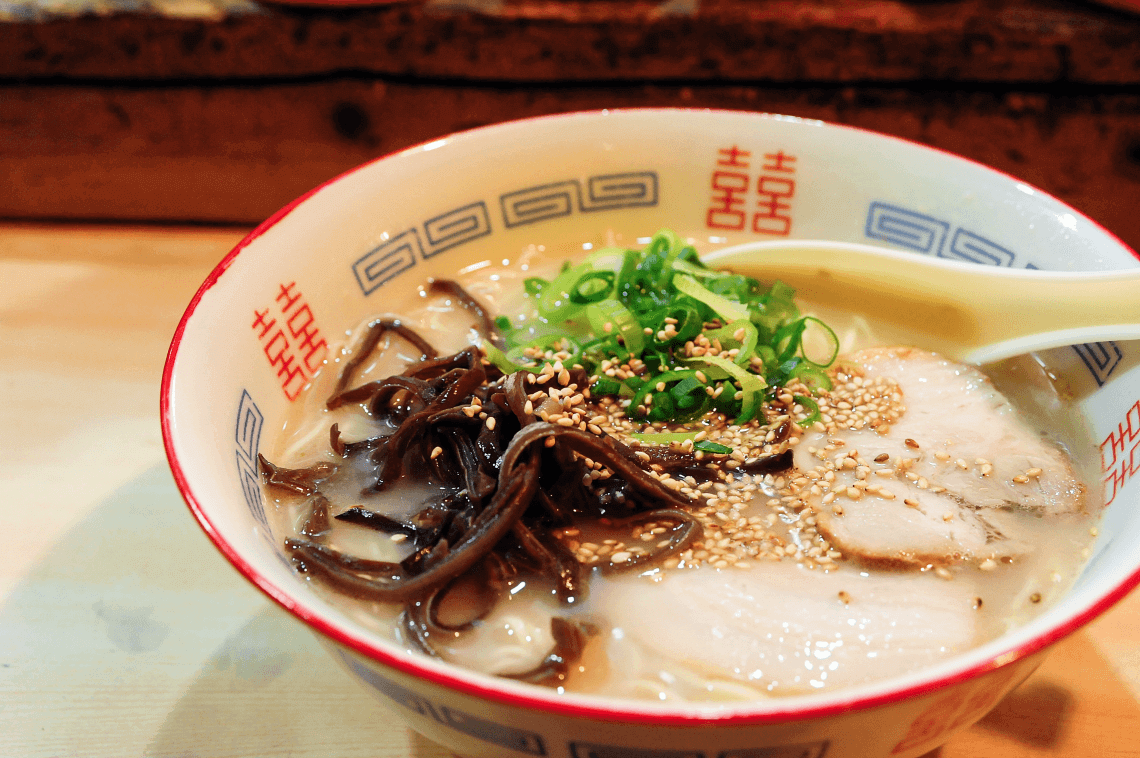
Food Costs in Japan
The quality of food in Japan is outstanding, making it worthwhile to splurge on at least one special meal, regardless of whether you typically seek out Michelin-starred establishments. You’ll likely find that your favorite meals can be quite affordable, often costing under ¥1,500. Here are some representative food prices to give you an idea:
- Onigiri (rice ball) from a conbini: ¥200
- Pastry at a bakery: ¥400
- Bowl of soba or udon noodles: ¥500
- Bowl of ramen: ¥1,200
- Lunch set (teishoku) with fish, miso soup, rice, tea, and pickled vegetables: ¥1,400
- Inexpensive sushi meal: ¥3,000
- Dinner and drinks at a good izakaya: ¥7,000
While fine dining can be quite pricey in Japan, expenses largely depend on the food you choose. Investing a bit more for quality ingredients is definitely worthwhile, yet even budget-friendly food is typically excellent.
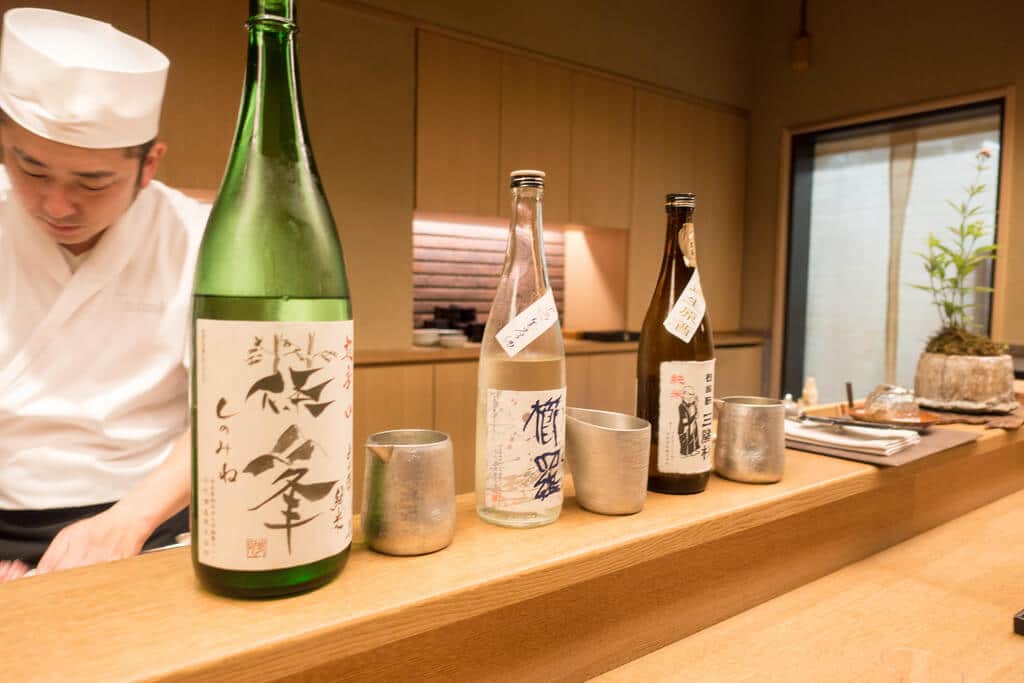
Drink Prices in Japan
As with other prices mentioned in this article, beverage costs can vary based on the city and specific location. For instance, premium tea could be significantly more expensive, while cheaper wine may cost less.
- Tea: Typically complimentary with meals
- Basic coffee: ¥300
- Specialty coffee: ¥600
- Draft beer at an izakaya: ¥700
- Glass of sake: ¥800
- Glass of wine: ¥1,500 or higher
- Whisky: Prices can vary widely
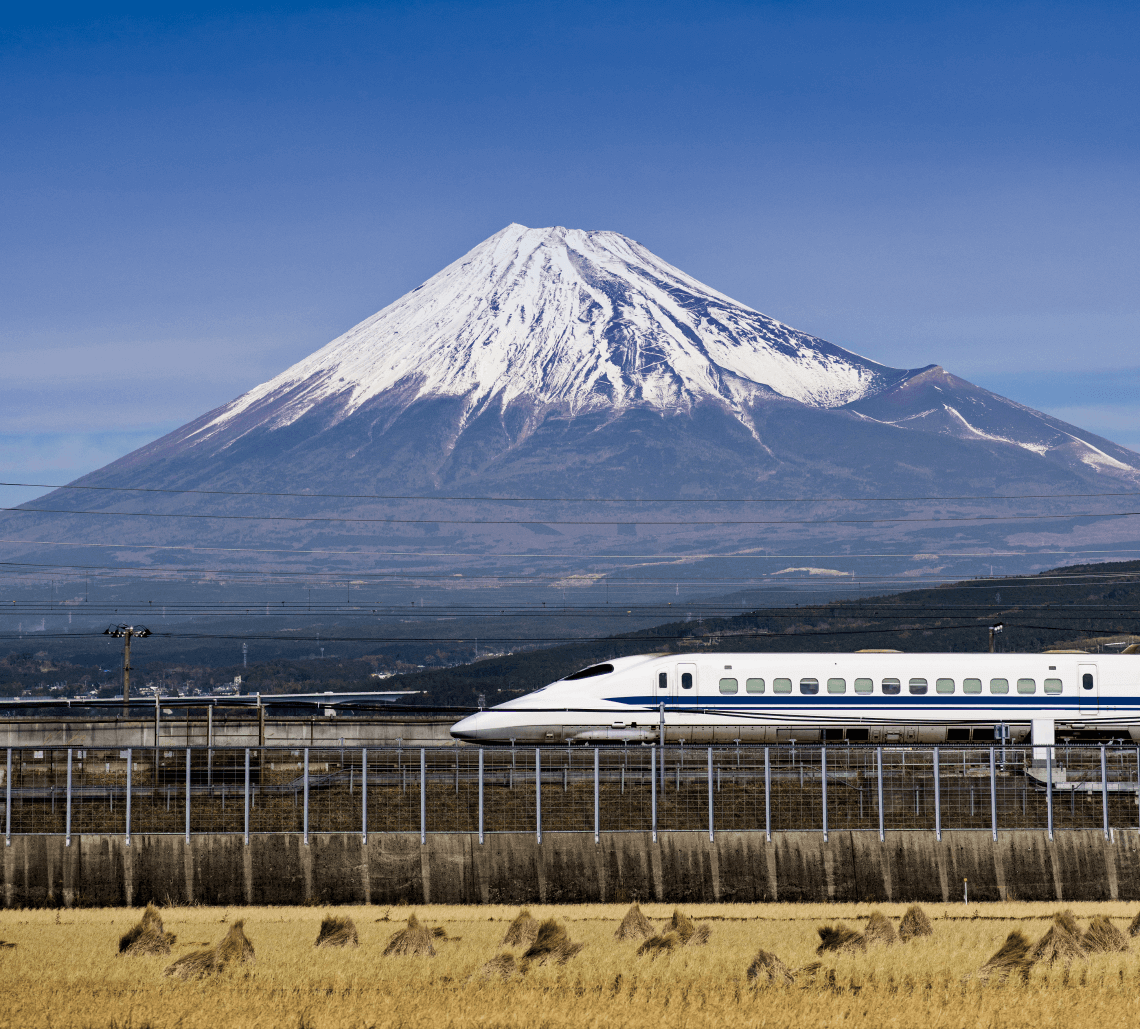
Transportation Costs in Japan
Traveling within Japan is surprisingly convenient, with transportation systems that are clean, efficient, and generally affordably priced.
- Local train or subway ride in Tokyo: ¥300
- Bus ride in Kyoto: ¥300
- Taxi fare in central Tokyo: ¥3,000
- Taxi fare in central Kyoto: ¥2,000
- Bike or e-bike rental: ¥2,500 per day
- Standard class shinkansen (bullet train) ticket one-way from Tokyo to Kyoto: ¥14,000 (check if the Japan Rail Pass is financially beneficial for you)
- First class (Green Car) shinkansen ticket one-way from Tokyo to Kyoto: ¥19,000
Entrance Fees and Tickets
Generally, many visitors find entrance fees in Japan to be surprisingly reasonable. Many temples and shrines are free to enter, while those that charge often impose a nominal fee.
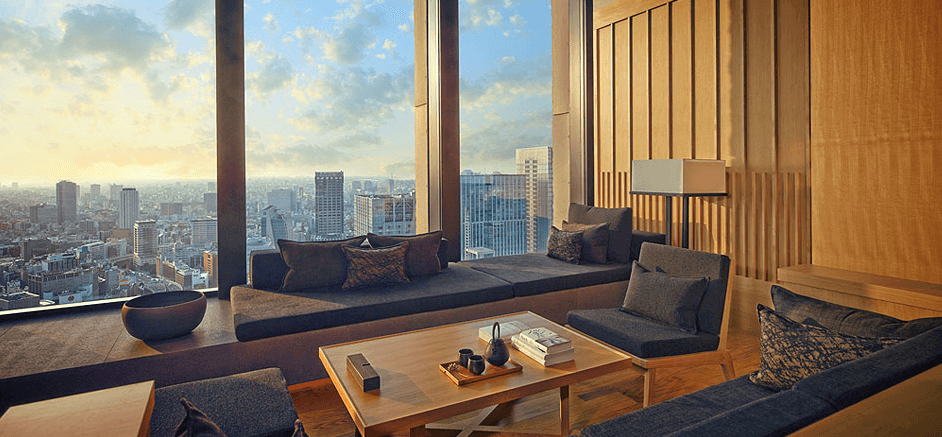
Hotel & Ryokan Prices in Japan
Prices for hotels and ryokans can vary widely based on luxury level and seasonal demand. For instance, peak seasons like cherry blossom season tend to be quite expensive. Nowadays, many hotels use dynamic pricing which adjusts based on factors like real-time inventory and the day of the week.
- Budget hotel: ¥10,000 per night
- Mid-range hotel: ¥30,000 per night
- Boutique hotel: ¥50,000 per night
- Luxury hotel: ¥100,000 per night
- Luxury ryokan: ¥50,000-100,000 per person per night
Because hotel and ryokan prices fluctuate so much based on the day or season, the amounts listed above are rough estimates. For more information on the country’s most unique accommodations, check out Japan’s Best Boutique and Luxury Hotels & Ryokans and Best Luxury Ryokans for a Short Japan Trip.
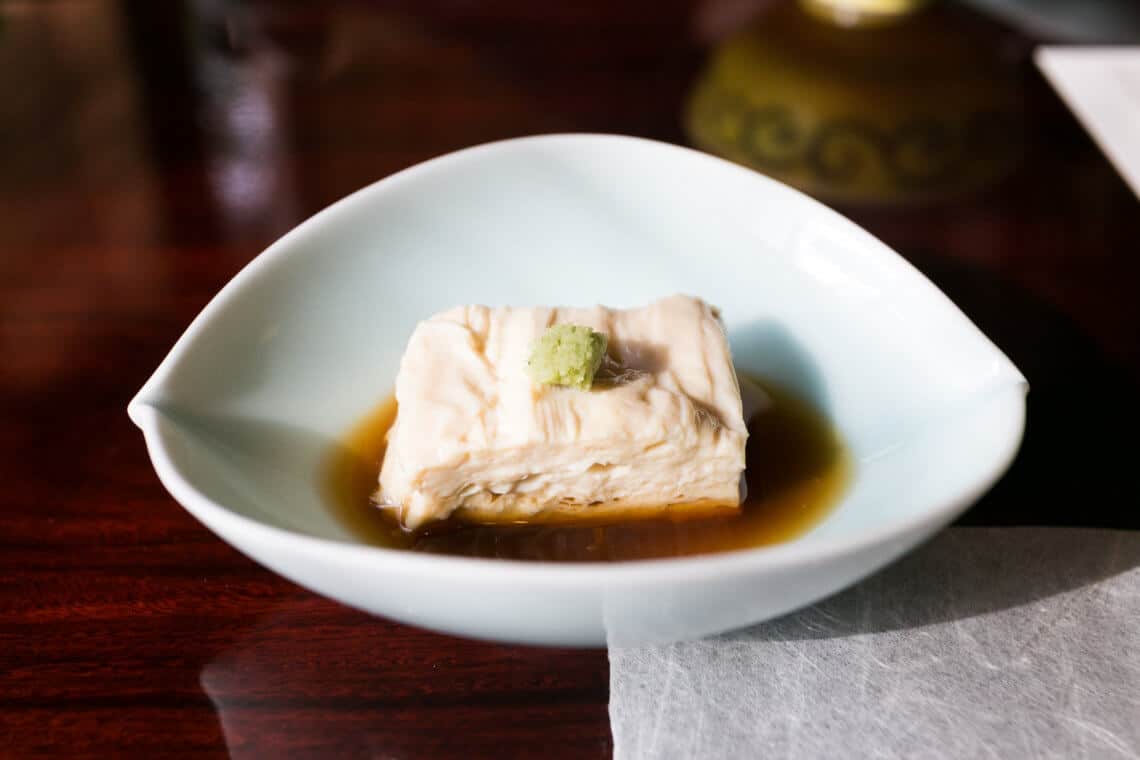
Tipping Etiquette in Japan
When organizing your trip, it’s essential to remember that Japan has little to no tipping culture. While Japanese hospitality is world-renowned, tipping is generally neither necessary nor expected, regardless of the quality of service. For more insights, check out our comprehensive article on tipping in Japan!
We hope this information clarifies the costs you may encounter in Japan and reassures you that it’s not as expensive as you might think. Of course, if you’re keen to indulge, Japan offers incredible accommodations, cuisine, and shopping opportunities that are well worth the splurge!



